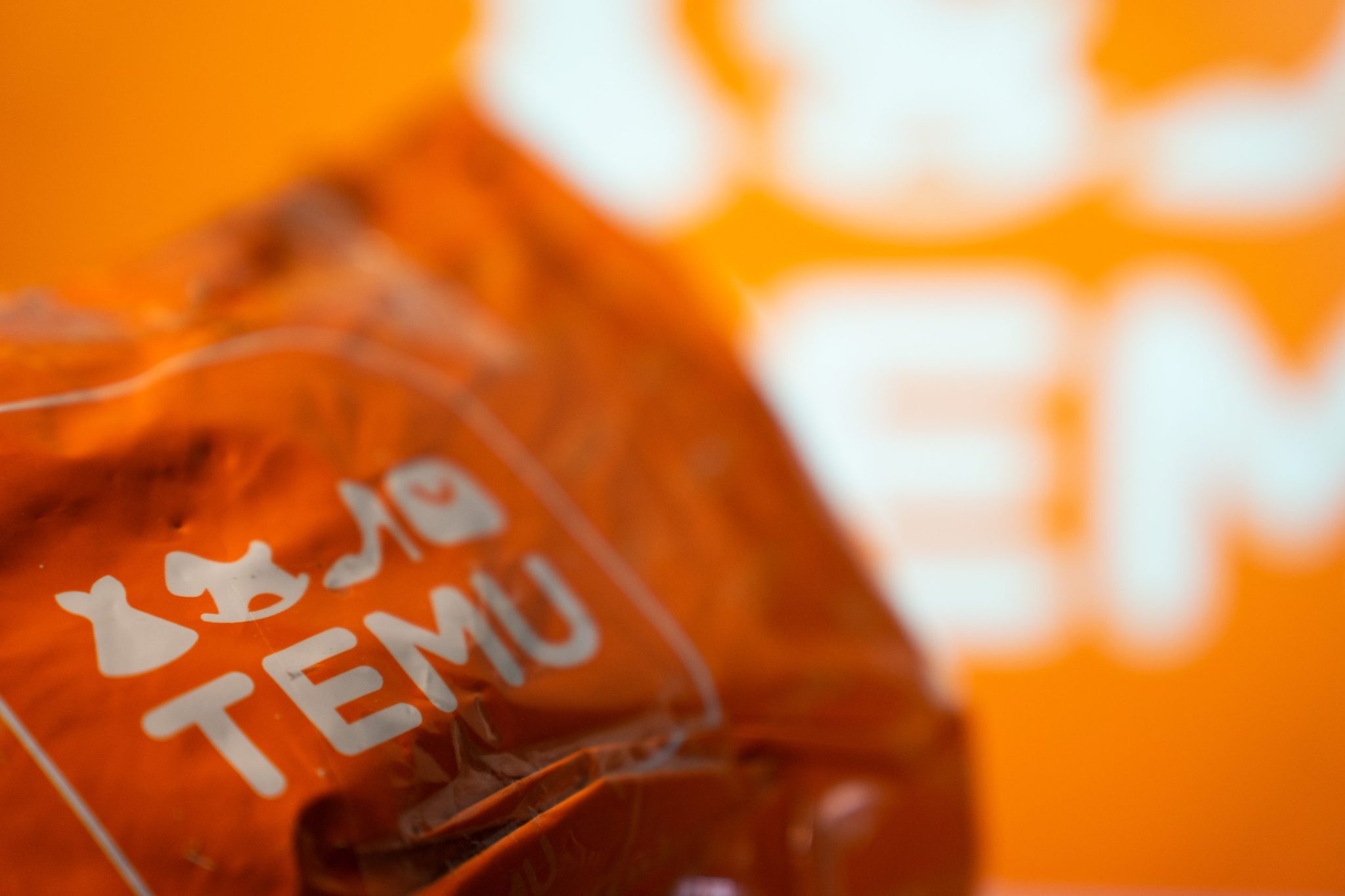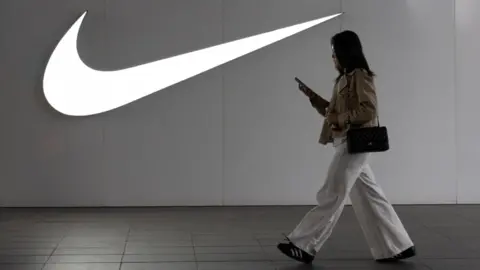Preliminary intelligence assessments provided to European governments indicate that Iran’s highly enriched uranium stockpile remains largely intact following US strikes on its main nuclear sites, two officials have said.
The people said the intelligence suggested that Iran’s stockpile of 408kg of uranium enriched close to weapons-grade levels was not concentrated in Fordow, one of its two main enrichment sites, at the time of last weekend’s attack.
It had been distributed to various other locations, the assessments found.
The findings call into question US President Donald Trump’s assertion that the bombing had “obliterated” Iran’s nuclear programme.
In an apparent reference to Fordow, Trump wrote on his Truth Social platform on Thursday: “Nothing was taken out of [the] facility. Would take too long, too dangerous, and very heavy and hard to move!”
The people said EU governments were still awaiting a full intelligence report on the extent of the damage to Fordow, which was built deep beneath a mountain near the holy city of Qom, and that one initial report suggested “extensive damages, but not full structural destruction”.
Iranian officials have suggested the enriched uranium stockpile was moved before the US bombing of the plant, which came after days of Israeli strikes on the country.
At a Pentagon press briefing on Thursday, US defence secretary Pete Hegseth sidestepped questions about whether Iran had taken the uranium out of Fordow before the strikes.
When pressed by reporters, Hegseth said: “I’m not aware of any intelligence that I’ve reviewed that says things were not where they were to supposed to be, moved or otherwise.”
The US used bunker-buster bombs to attack Fordow and Natanz, Iran’s other main uranium enrichment facility, on Sunday. It fired cruise missiles at a third site, Isfahan, which was used in the fuel conversion cycle and for storage.
Trump has dismissed a provisional American intelligence assessment, leaked to US media, that said Iran’s nuclear programme had been set back by only a matter of months.
Hegseth lambasted the media on Thursday for focusing on the report, which the US Defense Intelligence Agency had later stressed was a “preliminary, low-confidence assessment”.
The Israel Atomic Energy Commission said this week that it had assessed that US and Israeli strikes had “set back Iran’s ability to develop nuclear weapons by many years”.
But experts have warned that if Tehran has retained its stockpile of enriched uranium and set up advance centrifuges at hidden sites, it could still have the capacity to produce the fissile material required for a weapon.
Rafael Grossi, director-general of the International Atomic Energy Agency, told French Radio on Thursday that Iran’s nuclear programme had “suffered enormous damage”, though he said claims of its complete destruction were overblown.
Iran insists its programme is for peaceful civilian purposes.
Fordow was the main site for enriching uranium up to 60 per cent purity, a small step away from weapons grade. Experts said the 408kg stockpile of uranium enriched to 60 per cent had been stored at Fordow, Natanz and Isfahan before Israel launched its war against Iran on June 13.
Iran’s total stockpile of enriched uranium was more than 8,400kg, but most of that was enriched to low levels.
Satellite images of Fordow after Sunday’s bombing show tunnel entrances apparently sealed with earth and holes that may be the entry points of the US’s 30,000lb precision-guided bunker busters. Access roads also appear damaged.
Grossi said this week that Iranian foreign minister Abbas Araghchi had sent a letter to the IAEA on June 13 warning that Iran would “adopt special measures to protect our nuclear equipment and materials”.
Grossi said the UN nuclear watchdog’s inspectors, who have been unable to visit the plants since Israel launched its assault on Iran, should be allowed to return to the sites to “account for the stockpiles of uranium, including, most importantly, the 408kg enriched to 60 per cent”.
The US had not provided definitive intelligence to EU allies on Iran’s remaining nuclear capabilities following the strikes, and was withholding clear guidance on how it plans future relations with Tehran, said three officials briefed on the discussions.
EU policy towards Tehran was “on hold” pending a new initiative from Washington on seeking a diplomatic solution to the nuclear crisis, the people said, adding that conversations between Trump and EU leaders this week had failed to provide a clear message.
The Trump administration had been holding indirect negotiations with Tehran before the war in the hopes of a deal to curb its nuclear activities.
Trump said on Wednesday that Washington would talk to Tehran next week, but he also suggested a deal might not be needed following the strikes on Iran’s nuclear plants.
“It is completely erratic,” said one of the people. “For now, we are doing nothing.”

















































